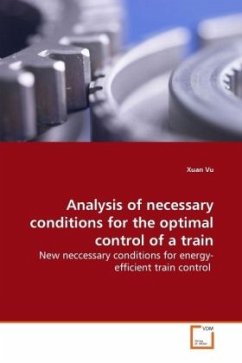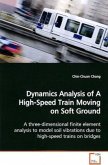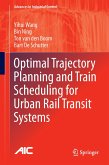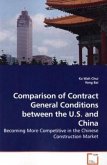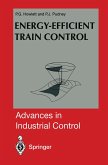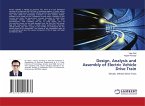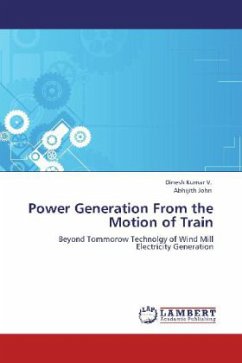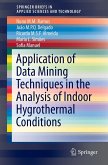Fuel costs and gas emissions are a major concern for
transport operators. The rail freight industry must
curb rapidly rising fuel costs if it wishes to
remain competitive. Researchers at UniSA have been
studying the problem of determining driving
strategies that minimise fuel use. Their research
has led to the development of in-cab system that
helps drivers stay on time and reduce energy use. A
critical part of constructing an optimal strategy is
determining where the control should be changed.
Switching points are normally determined from
necessary conditions derived via the Pontryagin
Principle. In this book we use perturbation analysis
to develop an alternative form for the necessary
conditions for an optimal strategy over a steep
section of track. The new conditions show that the
optimal strategy involves a local trade-off between
energy used and time taken on each steep section.
They have also allowed us to develop more efficient
numerical calculation algorithms. Mathematicians,
engineers and rail operators will find this book a
useful reference for their interests in developing
sustainable technologies for rail.
transport operators. The rail freight industry must
curb rapidly rising fuel costs if it wishes to
remain competitive. Researchers at UniSA have been
studying the problem of determining driving
strategies that minimise fuel use. Their research
has led to the development of in-cab system that
helps drivers stay on time and reduce energy use. A
critical part of constructing an optimal strategy is
determining where the control should be changed.
Switching points are normally determined from
necessary conditions derived via the Pontryagin
Principle. In this book we use perturbation analysis
to develop an alternative form for the necessary
conditions for an optimal strategy over a steep
section of track. The new conditions show that the
optimal strategy involves a local trade-off between
energy used and time taken on each steep section.
They have also allowed us to develop more efficient
numerical calculation algorithms. Mathematicians,
engineers and rail operators will find this book a
useful reference for their interests in developing
sustainable technologies for rail.

